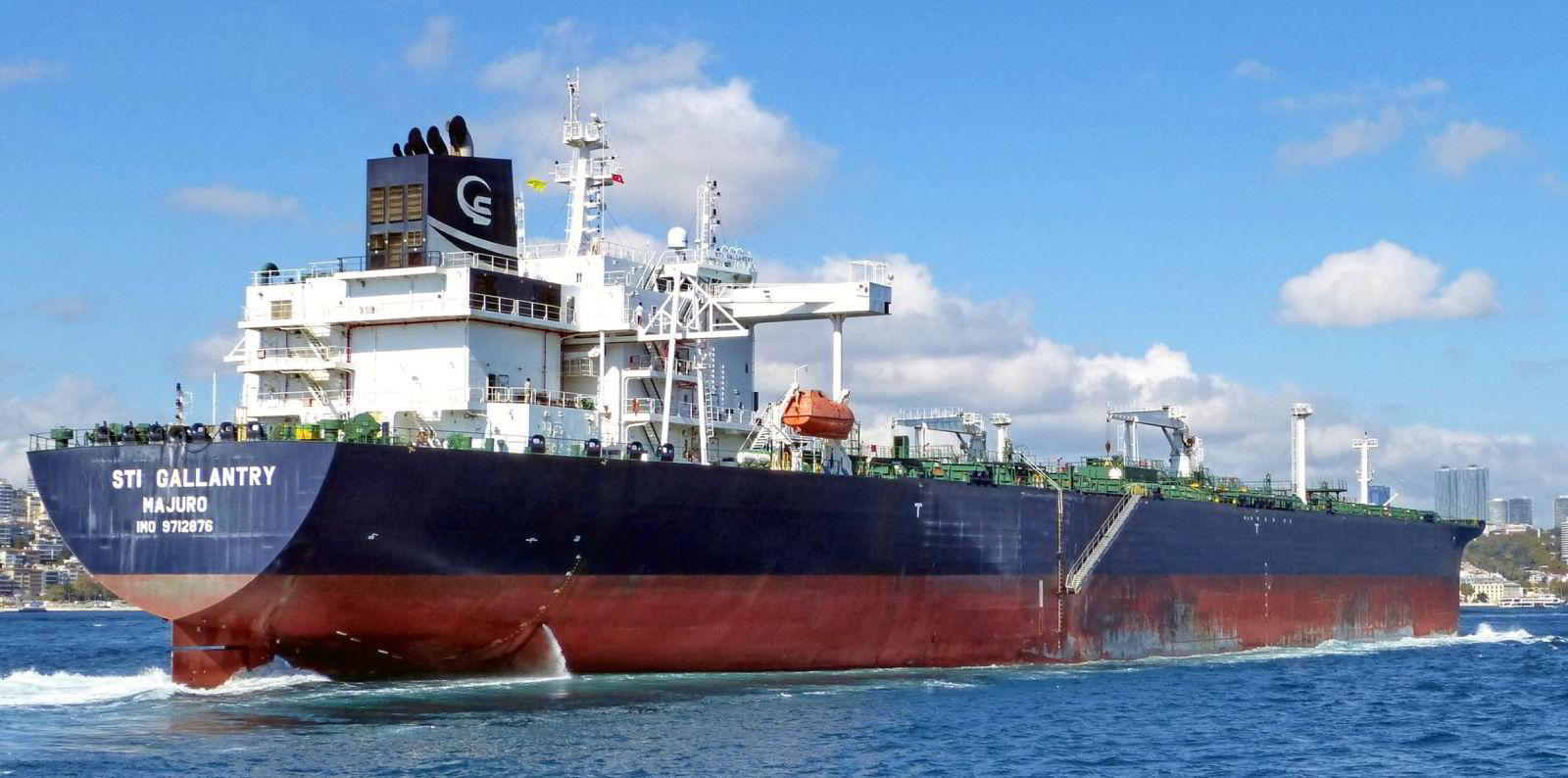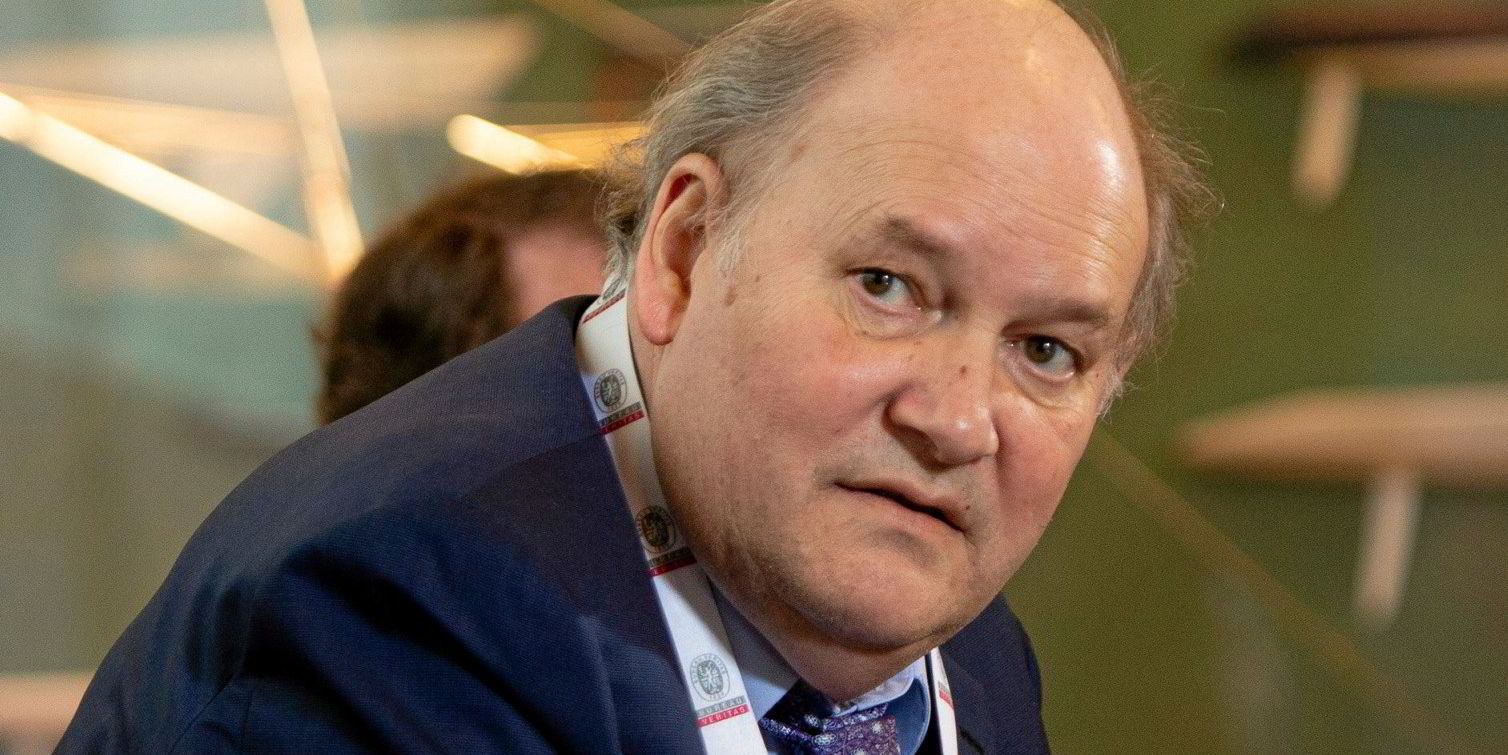Spot product tanker rates in east-of-Suez trades are rising to nearly their highest this year, mainly driven by busy cargo movements across the region.
The Baltic Exchange assessed LR2 earnings on the benchmark Middle East Gulf-Japan route at $6,282 per day on 12 March, up from $1,780 on 5 March.
LR1 earnings rose to $7,629 per day from $4,574 in the same period.
The bread-and-butter route for LR tankers has seen a recovery in naphtha flows, with East Asian petrochemical plants ramping up purchases of the feedstock due to expensive LPG, strong production margins and new capacity coming online.
Kpler data showed two MRs and seven LR2s are due to lift 5.49m barrels of Middle Eastern naphtha in the week beginning on 15 March for shipments to East Asia — the highest weekly volume since last July.
Meanwhile, shipowners have abundant backhaul trading opportunities and are in no hurry to send their ships back westwards, analysts said.
“Exports out of North Asia and in the Far East look to have increased, which will reduce the supply of vessels ballasting back to the Middle East,” Gibson Shipbrokers research head Richard Matthews said.
“There is also the expectation that more products will move West as lockdowns are eased and demand picks up in the spring.”
Intra-Asian trades have seen buoyant activity this month, with the upcoming refinery maintenance season coinciding with forecast rising fuel consumption.
“It’s possible that people are starting to stock up a bit in advance,” Banchero Costa head of research Ralph Leszczynski said. “It seems there is quite a lot of gasoil coming out of China.”
The Pacific basket rate for MRs rose to $11,045 per day on 12 March from $6,664 at the end of February amid healthy vessel demand.
Market outlook
Leszczynski warned that the momentum in the east-of-Suez markets may slow after oil firms complete stocking for refinery maintenance.
But Scorpio Tankers president Robert Bugbee believes the strength is underpinned by fundamental industrial demand.
Underscoring his optimism, Bugbee said his company — the world’s largest product tanker owner — recently carried its first jet fuel cargo in months.
Demand for aviation fuel had collapsed due to reduced air travel during the Covid-19 outbreak, but many analysts anticipated a gradual recovery this year amid the roll-out of vaccination in many countries.
Asian economies, gradually emerging from the pandemic, are widely expected to have much stronger requirement of refined products later on.
Opec predicts that total oil consumption in China, India and other parts of emerging Asia will reach 27.8m barrels per day (bpd) in the second quarter, up from 25.9m bpd this quarter.






